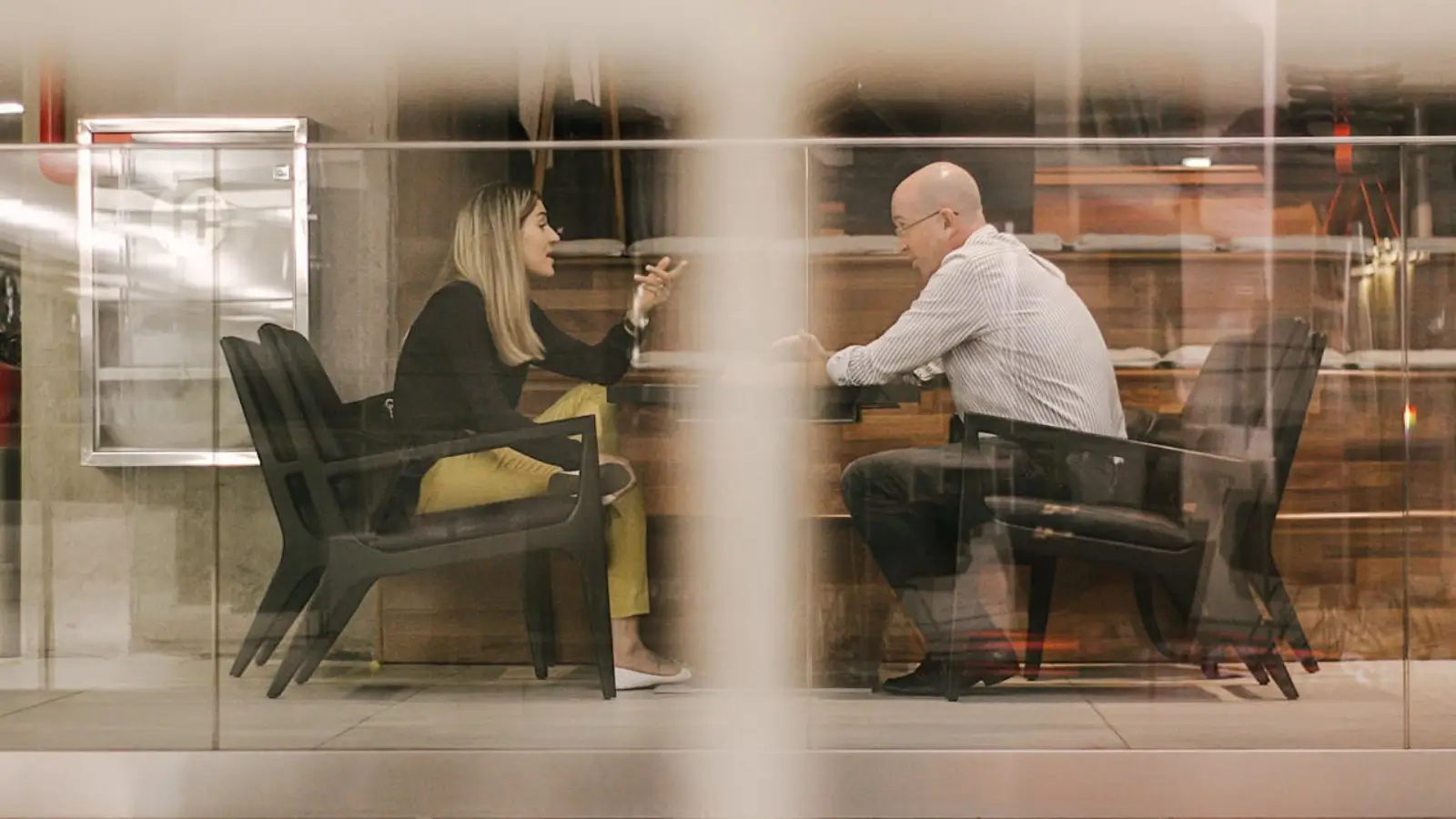


When a commercial vehicle hits you, insurance adjusters will call fast and offer a check that looks reassuring. That check rarely covers the full economic losses, and it never includes the real price of lost quality of life. Before you sign anything, read this: a careful claim strategy matters, and the rules that govern recoveries in Michigan create important limits and opportunities, so consult a truck accident attorney in Grand Rapids.
You can pursue two broad categories of recovery after a collision: tangible losses and intangible harms. Tangible losses cover bills you can document right now. Intangible harms compensate for pain, reduced life enjoyment, and the personal losses that money alone cannot undo. Understanding both categories is critical, because a serious truck crash almost always brings more than just bills—it changes how you live.
These categories work together to create a complete picture of what you lost. Without pursuing both, you risk settling for a fraction of the true cost of a truck accident.
Michigan’s insurance framework supplies prompt benefits for many crash-related expenses, but those benefits carry limits and choices. Personal Injury Protection covers medical care and wage loss regardless of fault, and drivers now face options that affect how much PIP coverage applies. You must document every cost with medical records, pay stubs, receipts, and expert estimates so the creditor of the claim cannot argue the loss lacks proof.
Beyond PIP, you may also claim excess medical costs or lost wages not covered by your own policy. Truck crashes often produce catastrophic harm that easily surpasses even generous coverage limits, so identifying additional responsible parties—such as the trucking company, their maintenance contractors, or cargo loaders—can open avenues for greater recovery. A lawyer evaluates these factors and ensures you do not leave compensation on the table.
State law restricts when a claimant may seek pain and suffering from the at-fault party. To recover these losses, you generally must show a qualifying injury such as a serious impairment of body function, a permanent serious disfigurement, or death. Courts and juries will evaluate medical proof, testimony, and expert opinions to decide whether your condition meets the statutory threshold before they award non-economic compensation.
Because these harms are not tied to bills, insurers never include them in early offers. Yet for many victims, non-economic damages reflect the most devastating part of the crash: the inability to play with your children, to return to your favorite hobbies, or to live without constant pain. A lawyer builds this case through witness testimony, daily journals, and expert evaluation.
Insurance companies aim to close files cheaply and quickly, and they design early offers to achieve that. If you negotiate alone, they use tactics that pressure you to accept less than your case merits. A lawyer levels that playing field and forces a more realistic evaluation of liability, damages, and future needs.
Watch for these common signals:
Adjusters know unrepresented claimants often undervalue long-term needs, so they push for fast settlements to avoid paying for pain and life care. Experienced counsel understands these tactics and fights them.
Crashes with large trucks often produce catastrophic harm such as spinal cord damage, traumatic brain injury, or amputations. These injuries start with high initial medical bills and then trigger long-term costs for rehabilitation, assistive devices, and around-the-clock care. Lawyers assemble life care plans and expert cost projections to show judges and insurers the true future expense stream; that documentation converts uncertain future needs into a concrete demand for compensation.
Beyond medical care, catastrophic injuries can also disrupt housing and transportation needs. Many victims must remodel their homes with ramps, lifts, or wider doorways to accommodate wheelchairs. Vehicles may need modifications to allow safe driving or passenger transport. Each of these costs can and should be part of a comprehensive claim.
Do not sign a release or accept a final offer without a firm estimate of your future medical needs and earning losses. A local attorney will calculate future care, explain how state rules affect your options, and press the responsible parties and their insurers to pay fair value. If you suffered catastrophic harm, your legal team will bring medical experts, life care planners, and economic analysts to ensure the settlement covers lifetime needs and protects your family’s finances.
If someone in your life suffered in a truck crash in Kent County, start by getting advice from an experienced advocate who will evaluate your case, preserve evidence, and demand both economic and non-economic justice on your behalf.